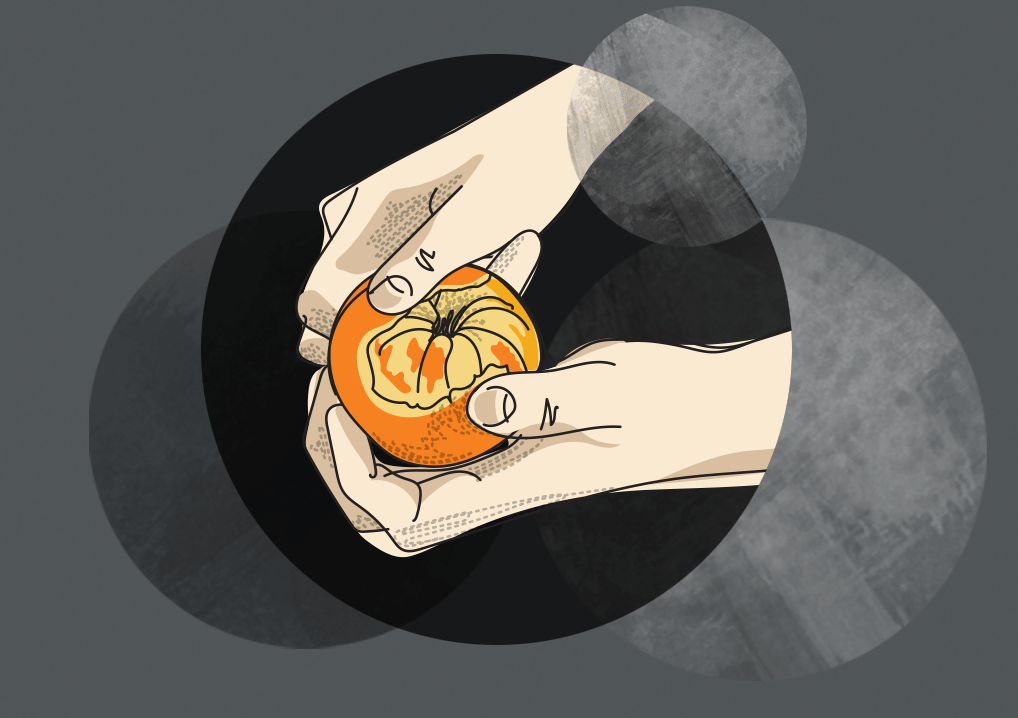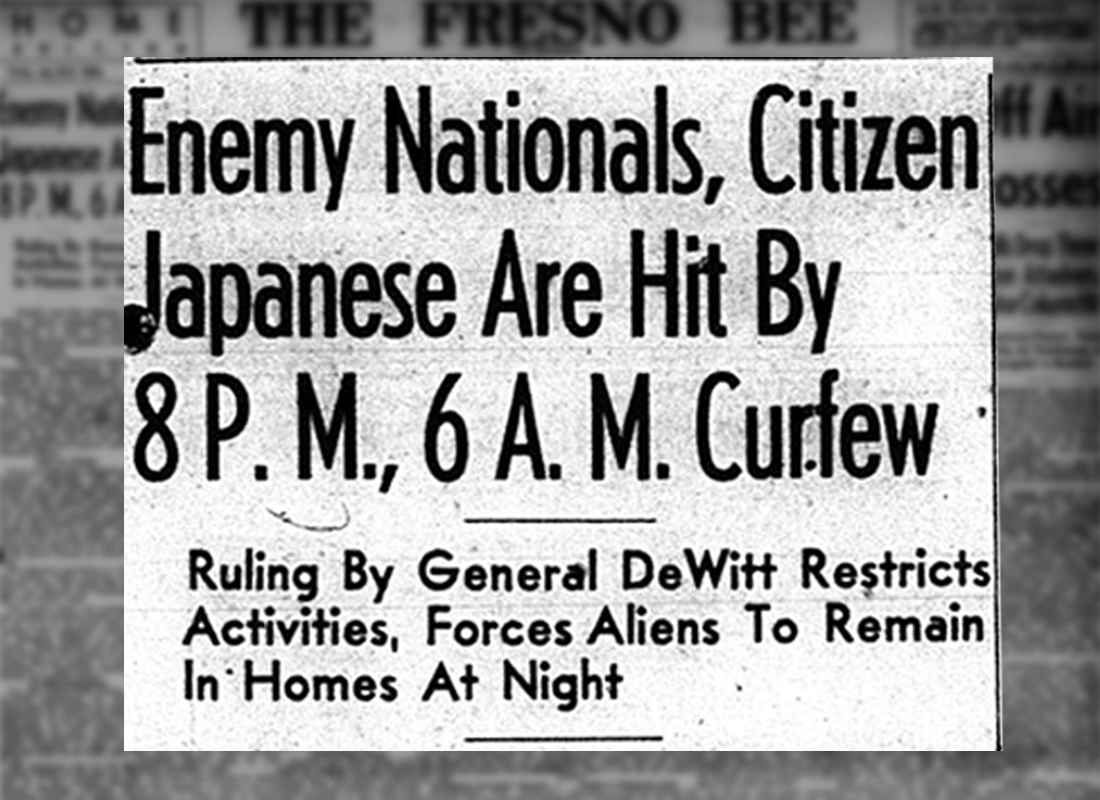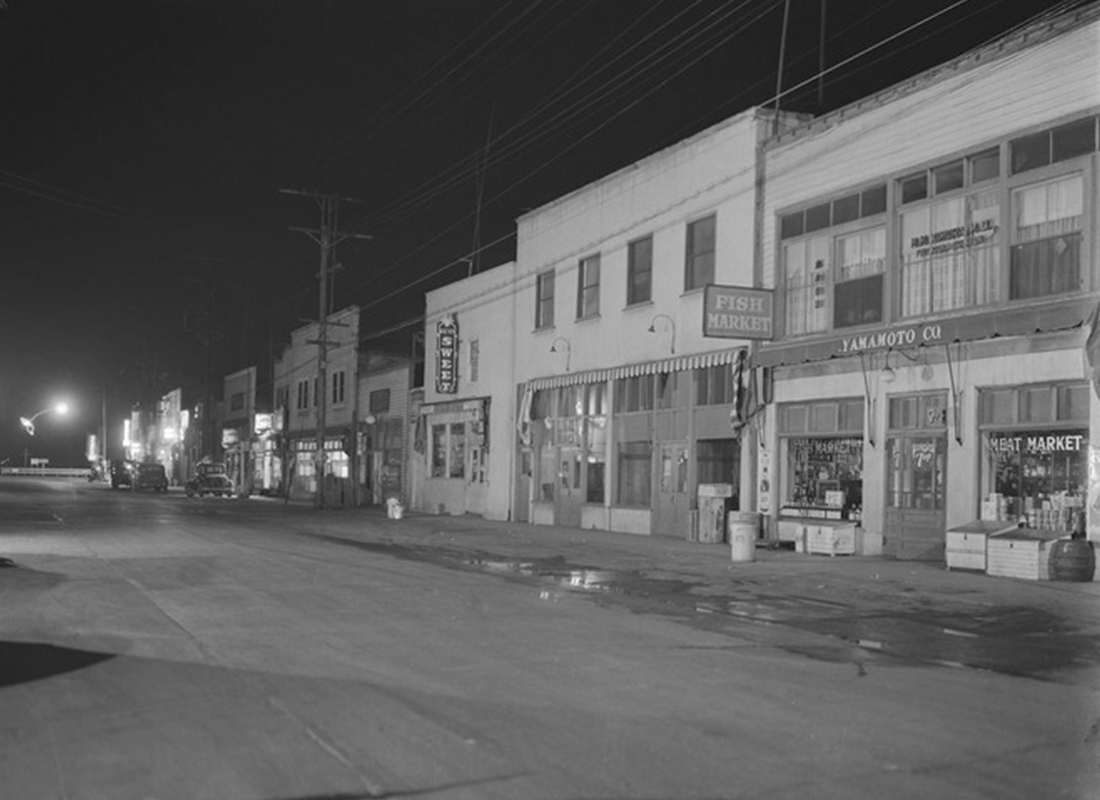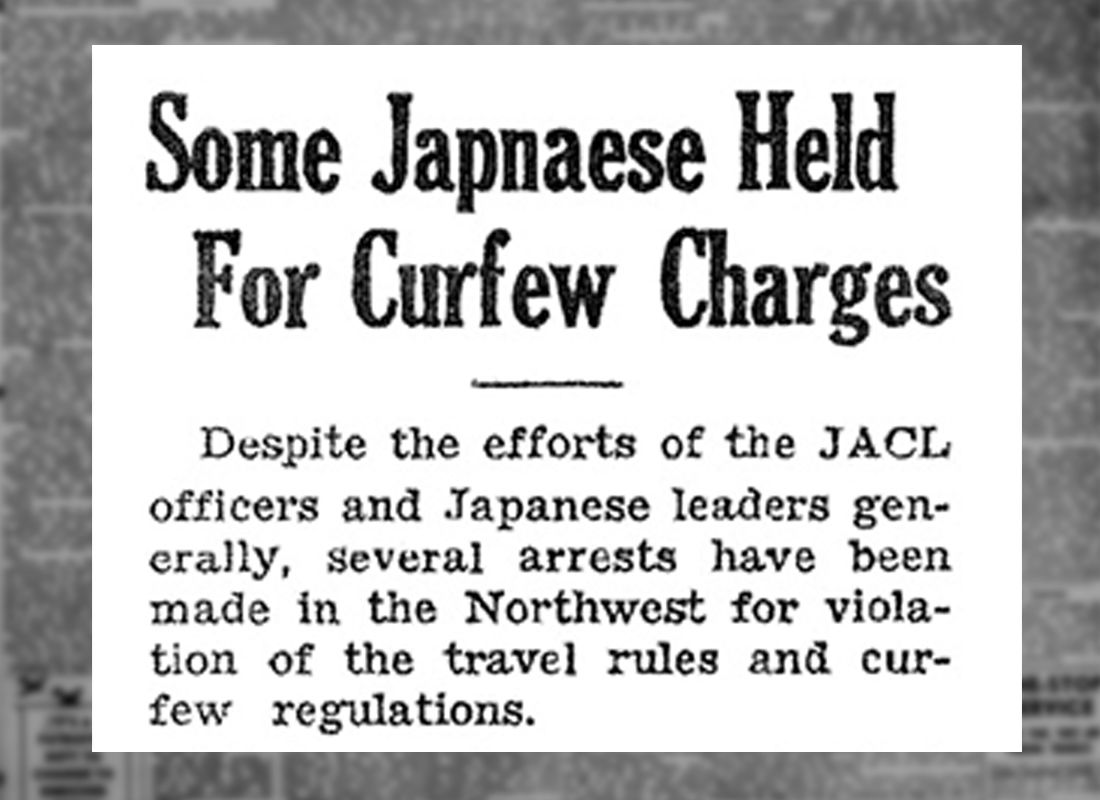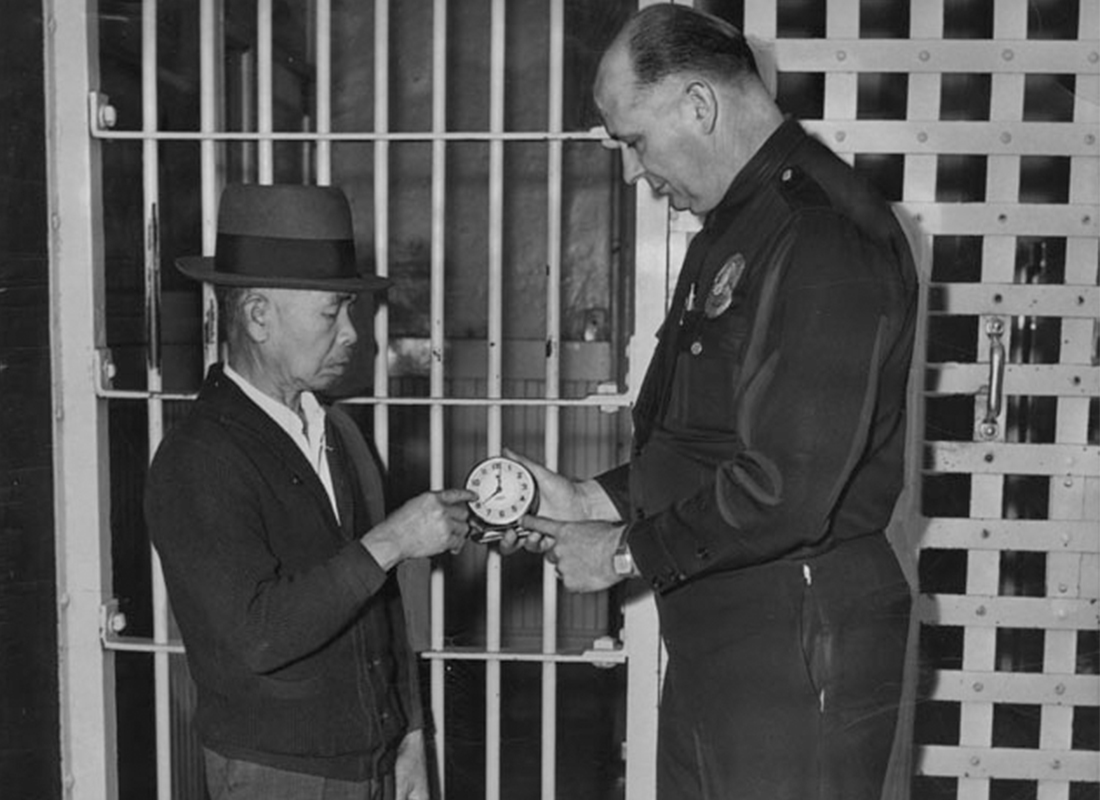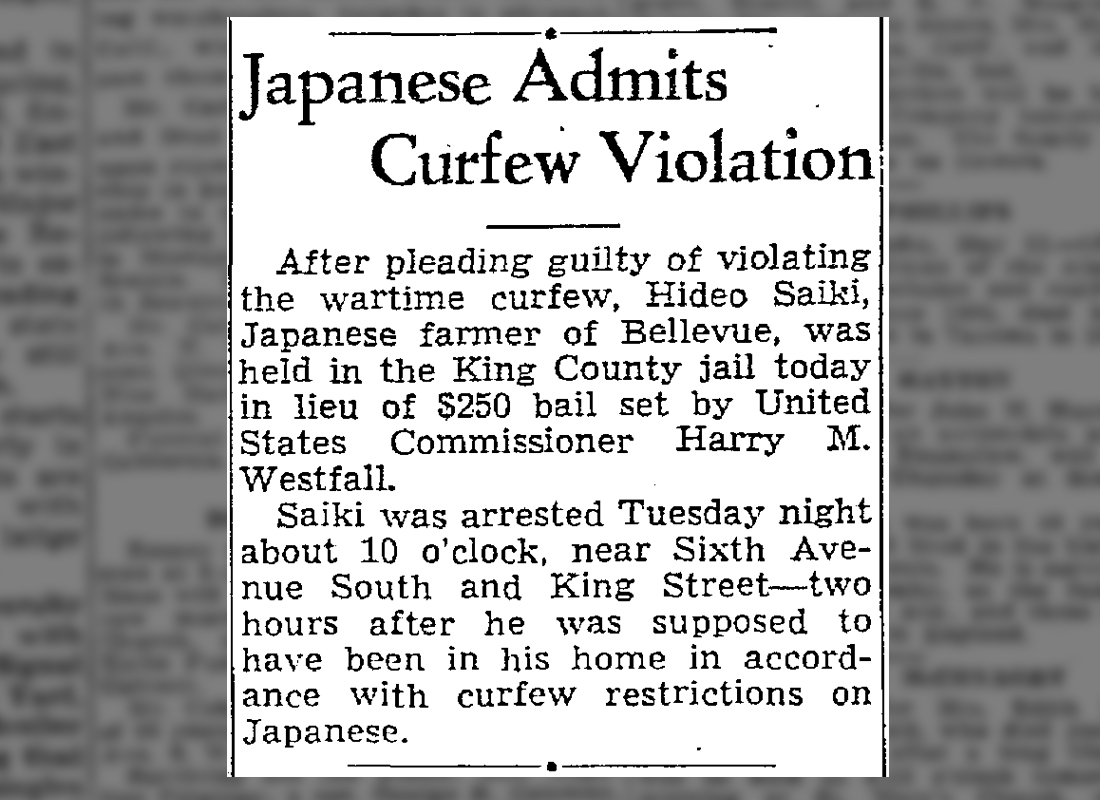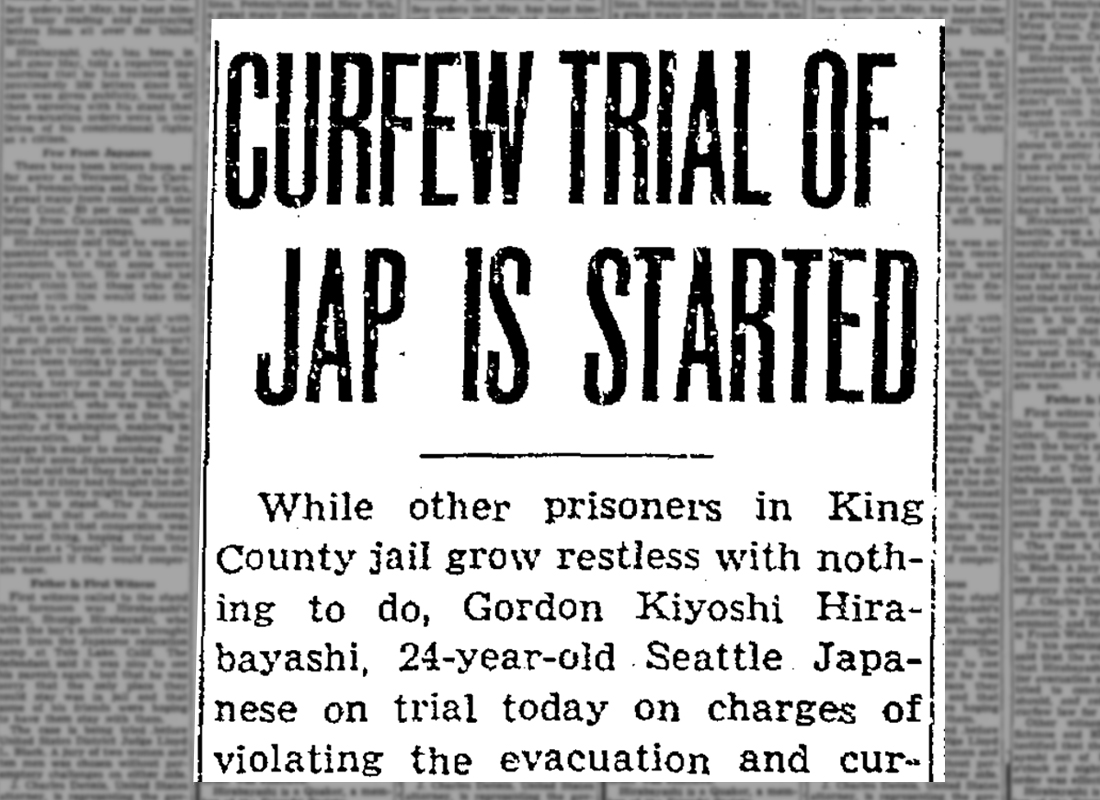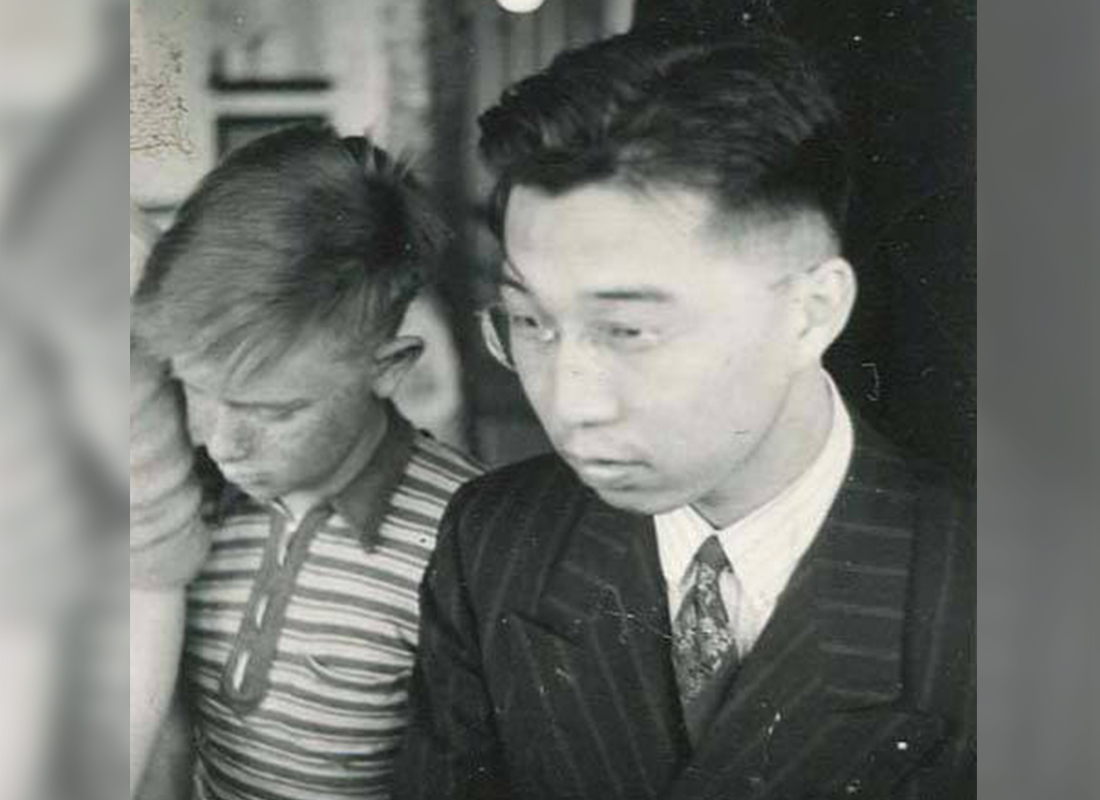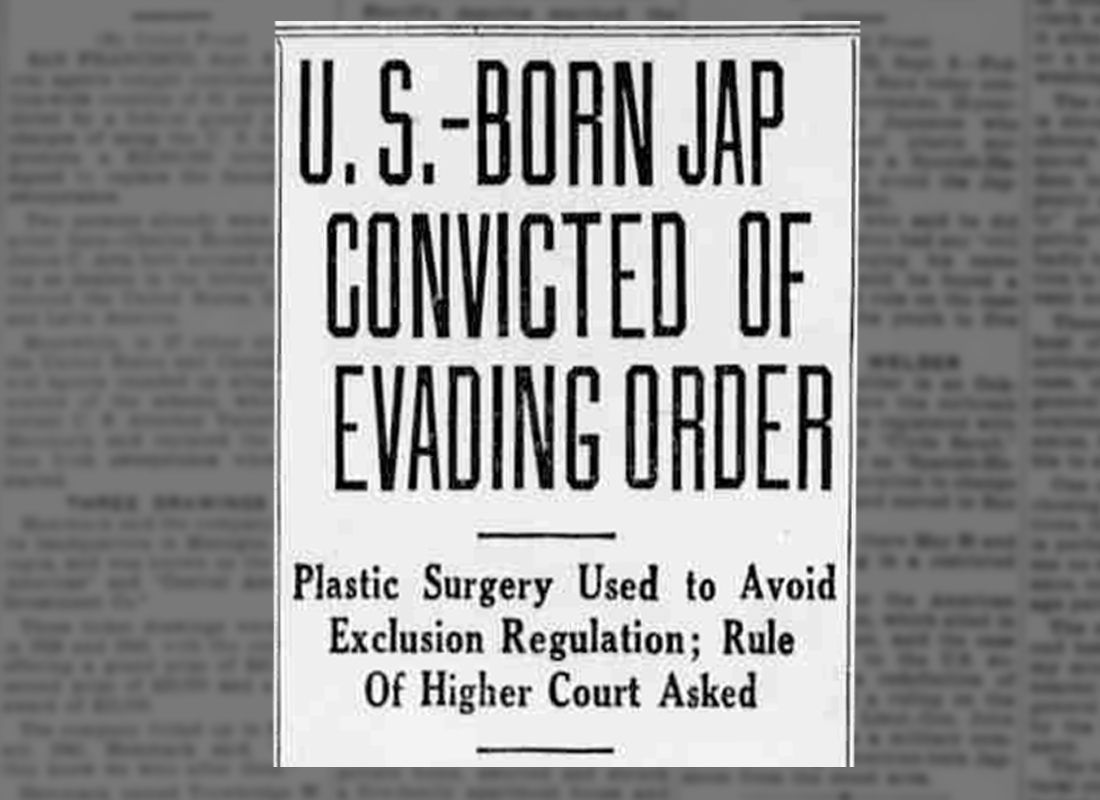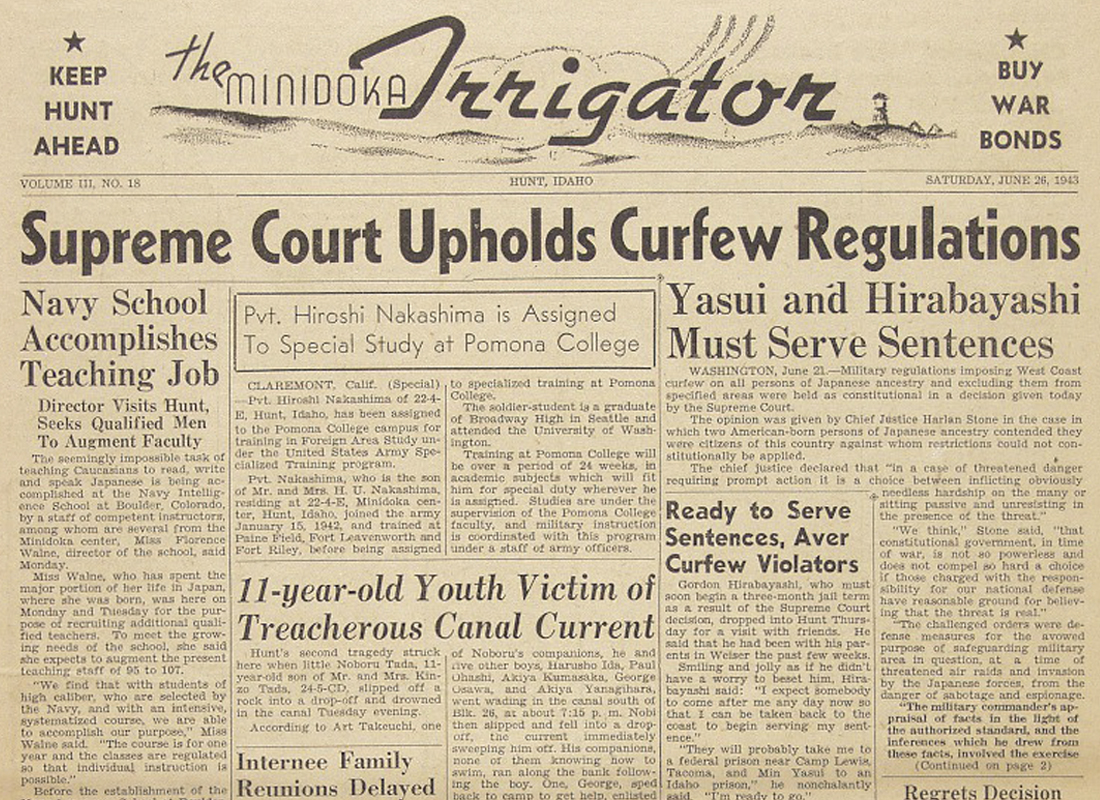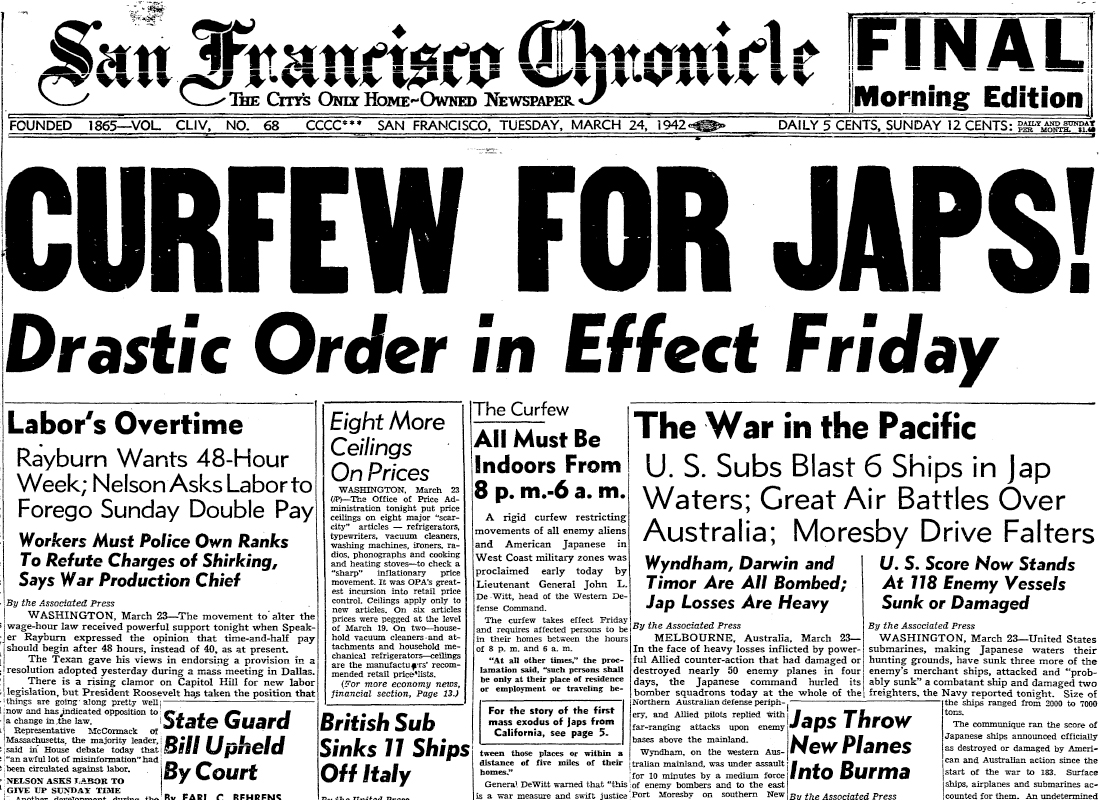
The Orange Story
In the second chapter of the movie, In the second chapter of the movie, a customer offers to buy Koji’s store for an insultingly low price. Through the archival material below, explore how Japanese Americans had their belongings and movements restricted by the U.S. government and military policy after Pearl Harbor. As Japanese Americans prepared for incarceration, many were also forced to sell their businesses and belongings for a fraction of their value.
“The loss of liberty and the stigma of the accusation of disloyalty may leave more lasting scars, but the loss of worldly goods and livelihood imposed immediate hardships . . . . It was the loss of so much one had worked for, the accumulated substance of a lifetime.”
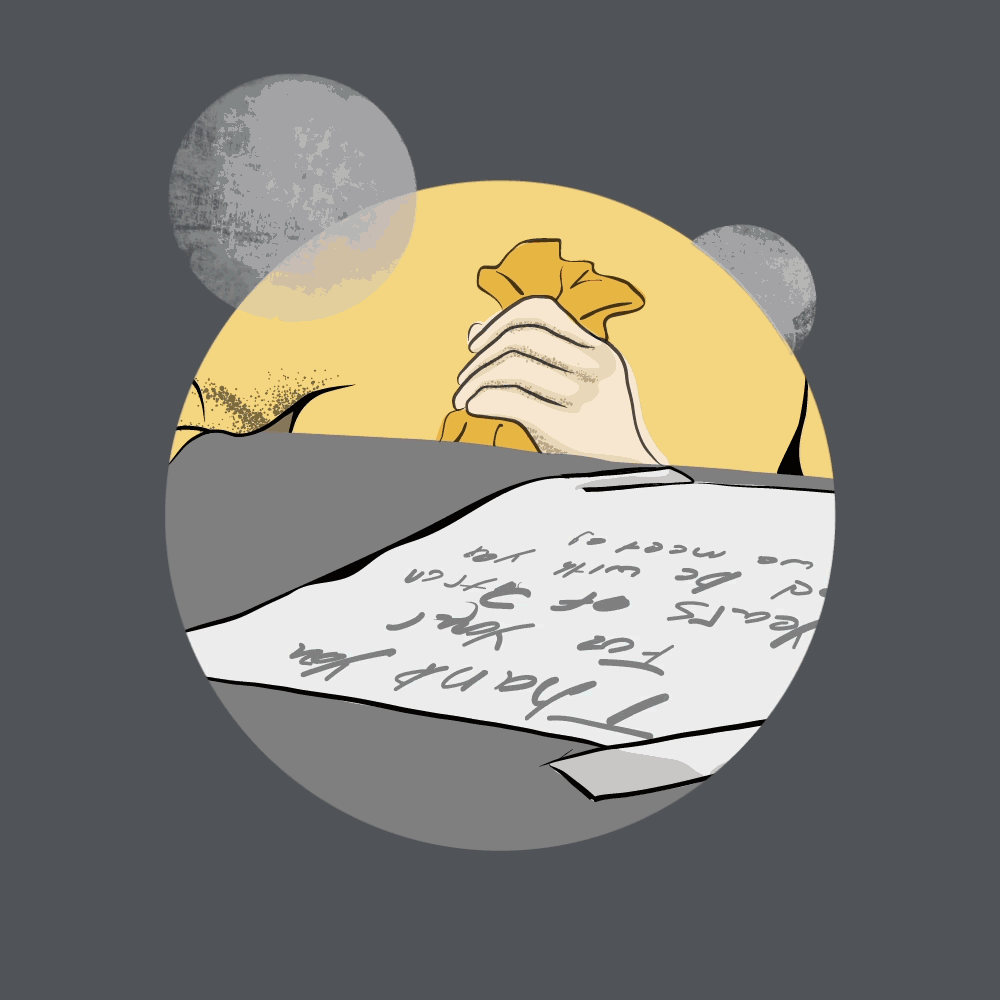
The Loss of Goods and Livelihood
“Repression was applied, one small step at a time. First came the roundup of suspect enemy aliens; the freezing of bank accounts, the seizure of contraband, the drastic limitation on travel, curfew, and other restrictive measures of increasing severity.”
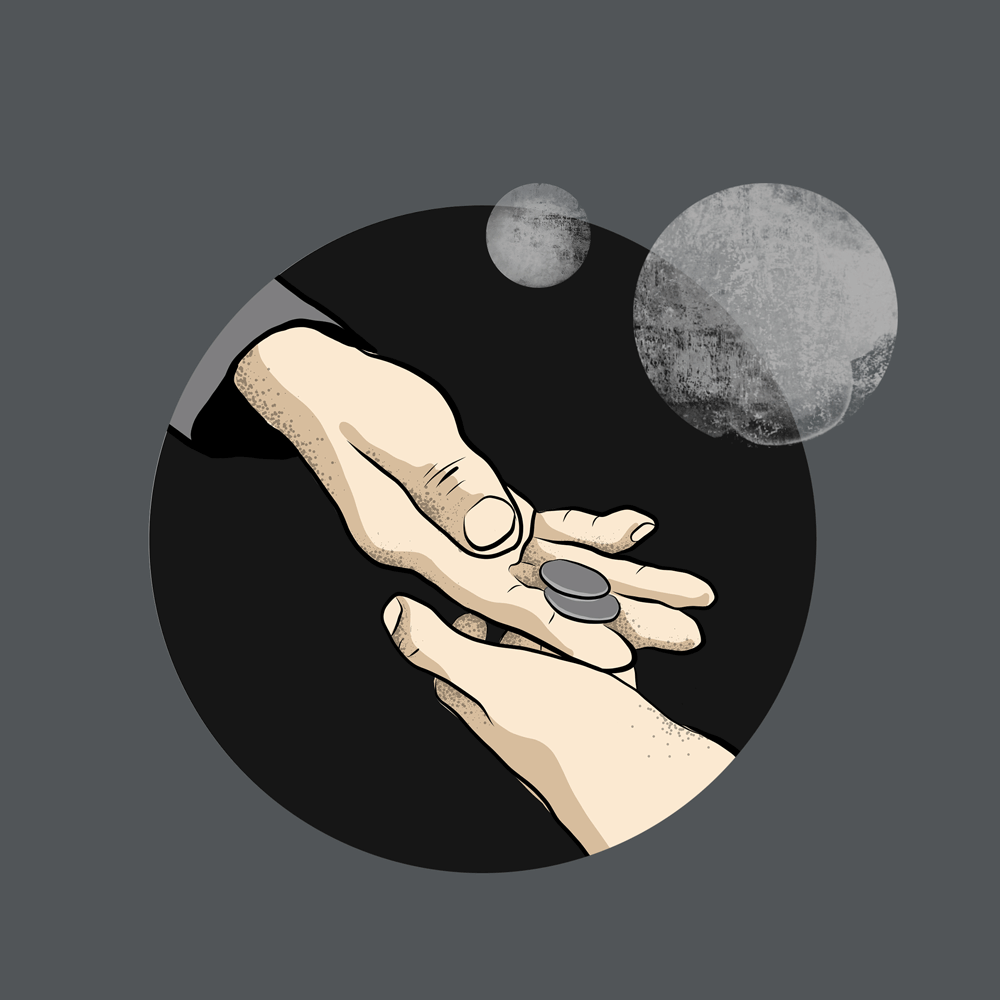
Seizure of Contraband
Witness how the government imposed restrictions on items owned by people of Japanese descent.
Click to launch
slideshow
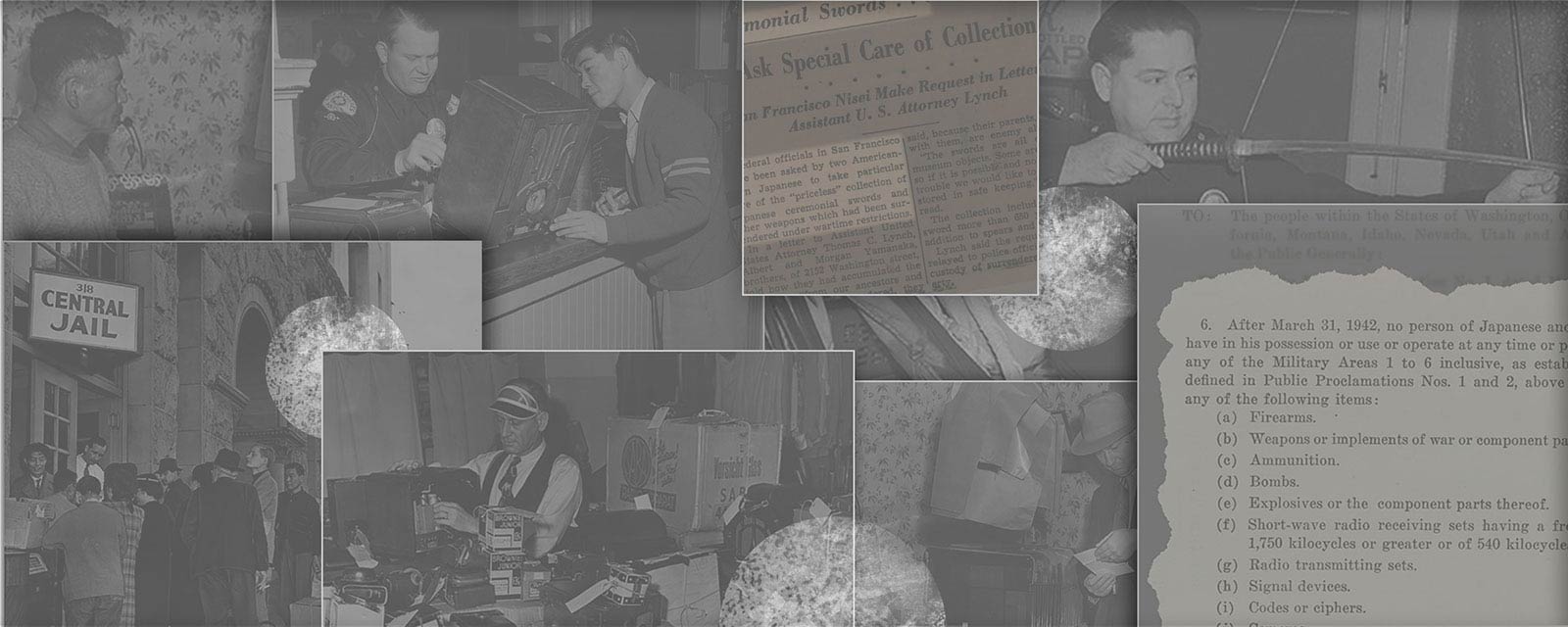
Tap to launch
slideshow

“Descent has taken priority over citizenship. American citizens are being held prisoners by their own government. They are told that to be prisoners is the patriotic thing to do. . . . But this is America; these things happening today are not American.”
